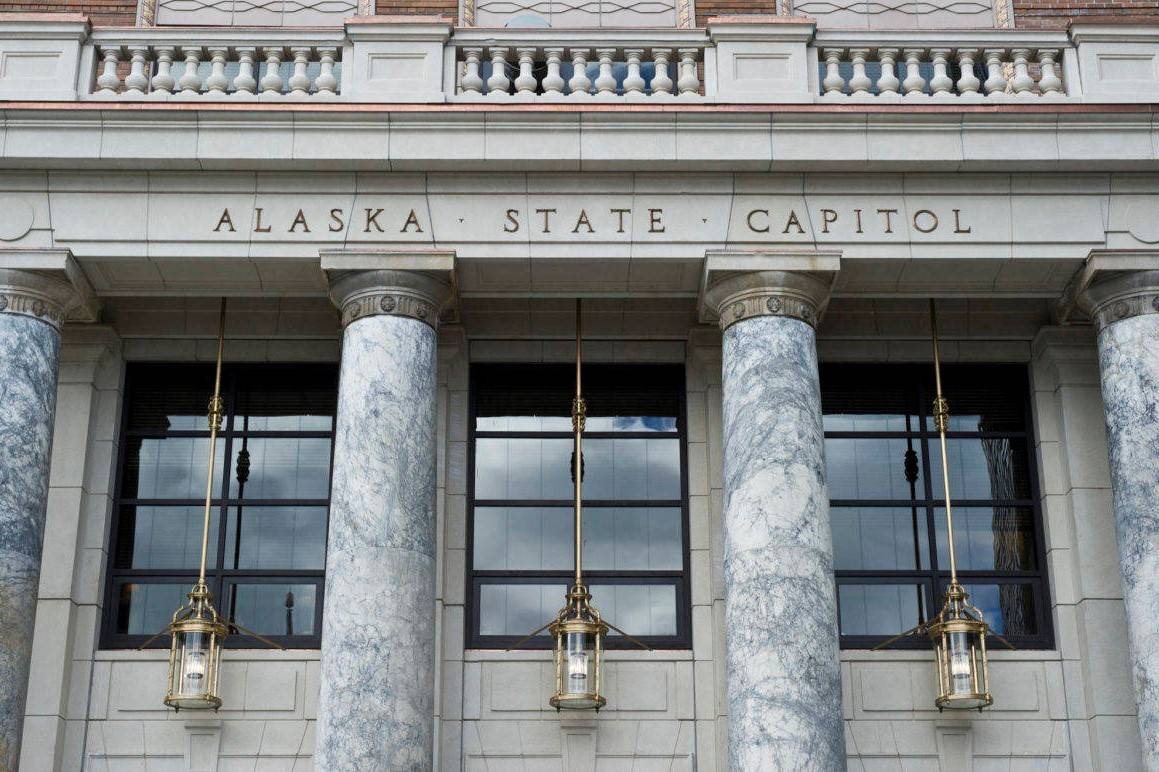Alaska is in the midst of a perfect fiscal storm.
The coronavirus has forced the temporary closure of many businesses throughout the state, and global events have pushed oil prices — and state revenues — to near historic lows. Even before the present crisis, our state faced large budget deficits and tough decisions about how to make ends meet. Just as Alaskans have come together to solve past crises, so too will these current challenges be overcome.
But as Alaskans look to the future and develop plans for an economic recovery, it is essential to minimize uncertainty and prioritize stability. That’s why adopting a functional limit on the growth in state spending is essential for long-term economic success.
By limiting the growth of state spending, Alaskans can ensure a stable and sustainable state budget that greatly reduces the risk that sudden changes in revenue needs will leave businesses and individuals picking up the tab.
Moreover, a functional limit in the growth of state spending decreases the temptation to dramatically increase spending when economic times are good, creating new budget expectations that are difficult to maintain during inevitable economic downturns, something that our state has struggled with in the past. Maintaining a predictable state budget, and the steady tax climate that accompanies it, greatly reduces the kind of uncertainty that discourages long-term investment. That kind of investment is the foundation of sustainable economic growth and development.
Technically, Alaska already has a constitutional spending cap in place, but the formula used renders it basically meaningless. Since its enactment in the 1980s, the cap has done nothing to control growth of the state’s actual spending, even during years with our highest levels of revenue.
While more than half of states currently have some form of tax and expenditure limit, the most effective is Colorado’s Taxpayer Bill of Rights (TABOR), which constitutionally limits spending growth to the rate of inflation plus estimated population growth. The stable budget and tax climate created by TABOR has served Coloradans remarkably well. Over the past decade, Colorado’s gross state product (GSP) has grown by 45.5%, personal income has grown by 59.5%, and non-farm payroll employment has grown by 15.8%.
By comparison, during the same time period, Alaska’s GSP growth was 0%, personal income growth was 33.5%, and non-farm payroll employment growth was 0.3%.
But it’s not just Colorado that has benefited from a functional tax and expenditure limit. Nationwide, states with tax and expenditure limits have outperformed states without them in GSP growth, personal income growth, and employment growth.
Based on the difference in economic performance between states with functional tax and expenditure limits and those without, a recent study estimated what Alaska’s economic outcomes would look like if a functional tax and expenditure limit had been adopted in 2008.
The results are striking. If Alaska’s economic indicators had tracked with the outcomes experienced by states with functional tax and expenditure limits, our GSP would be $20 billion higher, personal income would be between $4 and $5 billion higher, and we would have 25,000 more jobs.
While Alaskans can’t retroactively adopt a meaningful spending limit, we can ensure that those economic benefits are captured going forward. Right now, the state’s economy is being squeezed from every angle and securing long-term investment will be a key component in charting a path out of the current fiscal malaise. Adopting a functional constitutional spending cap can provide the certainty necessary for sustainable economic development far into the future.
Ben Wilterdink is a visiting Fellow at the Alaska Policy Forum and a resident of Anchorage.
• Ben Wilterdink is a visiting Fellow at the Alaska Policy Forum and a resident of Anchorage.

